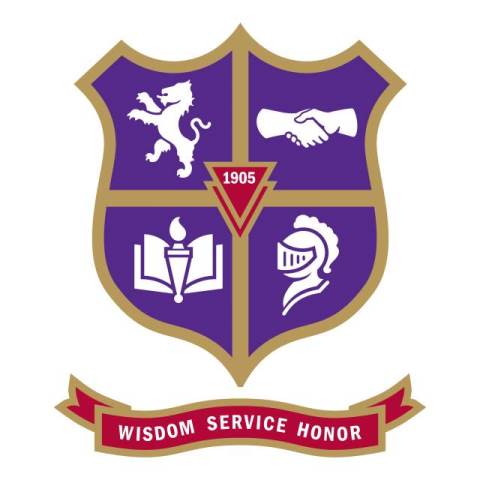

ACT scores for students at Darlington School were above the local, state and national averages. Darlington posted an average composite score of 23.8 which is 4 points higher than the national average of 19.8, 2.2 points higher than the state average of 21.6, 3.4 points higher than the Floyd County average of 20.4, and 4.5 points higher than the Rome City average of 19.3.
The ACT was taken by 104 Darlington students, who received an average of 23.9 in English (state average is 21), 23.4 in Mathematics (state average is 20.8), 23.9 in Reading (state average is 22.5), and 23.9 in Science (state average is 21.5).
"We credit our students' performance on the ACT to our strong college-preparatory curriculum and the fact that we encourage our students to stretch themselves – to take the most rigorous curriculum that they can handle," said Ivy Brewer, dean of college guidance. "In analyzing our scores, it is also important to remember that all of our students are college prep – and, therefore, they all take either the SAT or the ACT. Most students take both tests. We believe that our curriculum prepares them very well for either.”
The ACT is one of the two standardized tests used for college admission. The test, administered by American College Testing, is seen as one assessment of a student’s readiness for college. The SAT, administered by The College Board, is the other. The ACT composite score is based on a scale of 1 to 36, and the SAT composite score ranges from 400 to 1600. Colleges use whichever of the two scores a student submits for admissions purposes and have no preference for one over the other.
"Many colleges base admissions decisions solely on a student’s high school GPA and SAT or ACT scores," said Brewer. "Other colleges make the admissions decision by 'reading holistically.' This means that in addition to the GPA and test scores, a number of other factors may be considered. Factors such as leadership, athletics, activities, geographical and socioeconomic factors, teacher recommendations, and legacy status are among those that may be taken into consideration. Both the University of Georgia and Georgia Tech, for example, make decisions by the holistic method."
Darlington's uniquely structured College Guidance Program is led by 11 seasoned college advisers, which translates to approximately one adviser per every 10 seniors. Students meet with their college adviser a minimum of twice per week, providing the support our students need to help them find the right fit and make the best decisions about their futures.